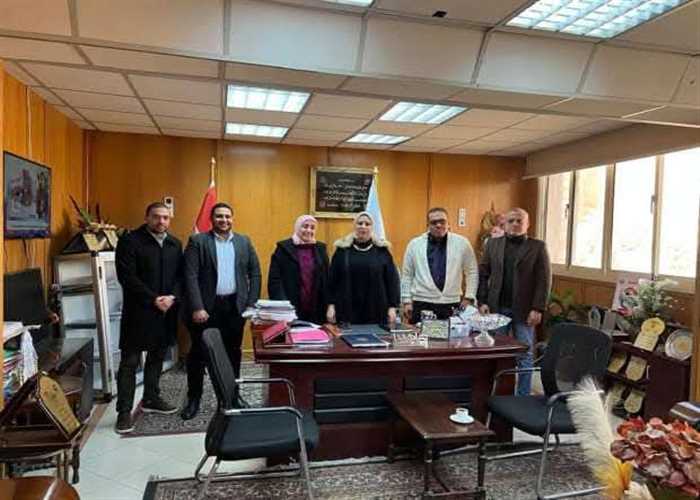
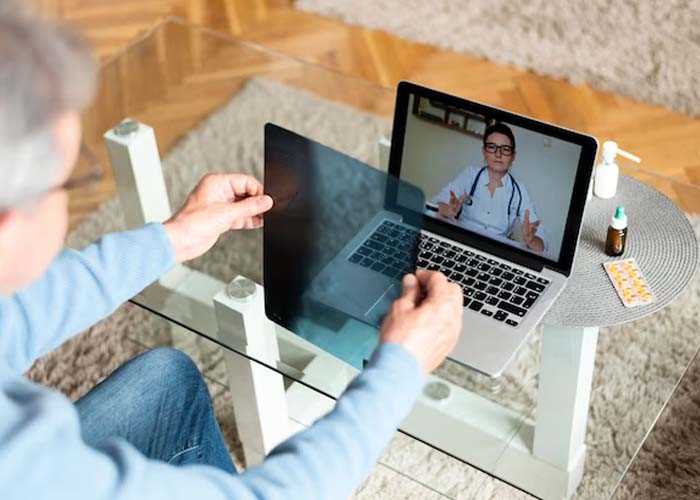
Remote Diagnosis Initiative
Pillars : Digital Health
In order to achieve more care for health services, which are the most important axes of building the Egyptian human being, which is considered the most important pillar in implementing the state's plan for sustainable development 2030 and the government's program, and in view of the effective role of the Ministry of Communications and Information Technology in working to raise the efficiency and develop medical and health services provided at the national level, which includes among its priorities building and developing the remote diagnosis system as a pioneering model in enhancing the services provided by the state to the citizen.
A strategic vision was reached for the remote diagnosis project that allows for expansion and spread in providing services and is consistent with Egypt's Vision 2030, which set among its most important goals improving health care as a national priority through the following goal:
"Contributing to improving the health sector in remote and rural areas using information and communications technology solutions by providing better diagnostic services, to enable every citizen in remote areas to obtain high-quality health care services."
Hence, the announcement of the presidential initiative in 2018 to launch 300 remote medical diagnosis units to represent a national project with the highest priority for implementation, from which the generalization of this experience that was implemented in Aswan Governorate, Siwa Oasis and the Kharga Oasis is launched, to easily reach the largest number of citizens throughout the Arab Republic of Egypt.
At a time when the remote diagnosis project has turned into a presidential initiative, the Ministry of Communications and Information Technology has worked hard to activate the role of information and communications technology in supporting the health system in a more effective way, and achieving the maximum investment of available resources by developing and refining the scientific and skill level of doctors by taking advantage of distance learning technologies, in addition to contributing to the creation of patient databases equipped with the patient's diagnostic history within a plan to unify patient databases in the Arab Republic of Egypt.
This was followed by the spread of remote diagnosis project units in a larger number of Egyptian cities and governorates, as the Ministry of Communications and Information Technology implemented 150 remote diagnosis units, covering a large number of Egyptian governorates, and it has become easier for citizens to obtain medical services with a high level of efficiency.
Hence, the project's goal crystallized after transforming into a presidential initiative sponsored by the state into:
Building a national network for remote medical diagnosis and treatment; and building a database for patients to cover all remote, marginalized and border areas in the Arab Republic of Egypt; to ensure access to high-quality medical services to all citizens of the Republic without discrimination.
Signing a tripartite cooperation protocol between communications, health and higher education:
In order to achieve a real shift in the level of services provided to citizens, and to spread them on the widest scale, and the necessity of building and developing a remote diagnosis system.; A tripartite cooperation protocol was signed in January 2020, regarding providing health expertise and consultations to citizens through remote diagnosis applications, between the Ministries of Communications and Information Technology, Health and Population, and Higher Education and Scientific Research, in order to activate the role of information and communications technology to support the health system and benefit from the resources available to the three ministries and work on their integration; This is in order to improve the health services provided to the Egyptian citizen and reduce the burden on him, using information and communications technology, and providing high-quality medical diagnostic services to marginalized and deprived areas, as the Ministry of Communications and Information Technology is committed to its role in providing the required technologies of devices, applications, and communication line service at appropriate speeds and full hosting service for the system, in addition to installing and operating remote diagnosis units in hospitals entrusted with operating the service, and technical supervision and review of technical solutions for hosting and securing software for the system of providing medical and health services remotely
Related News
Related Success Stories

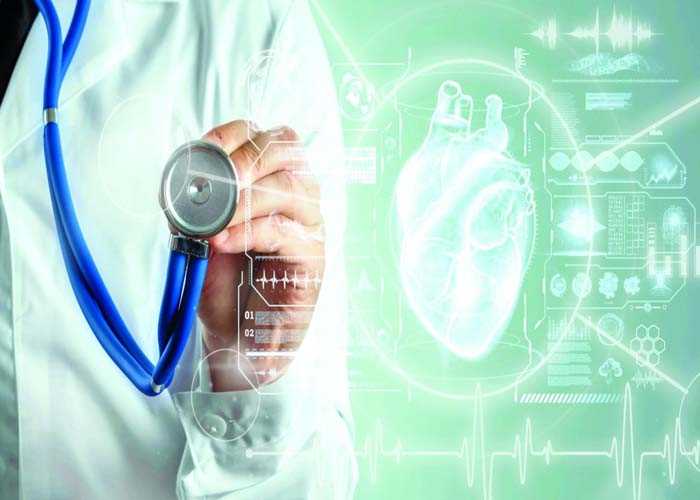
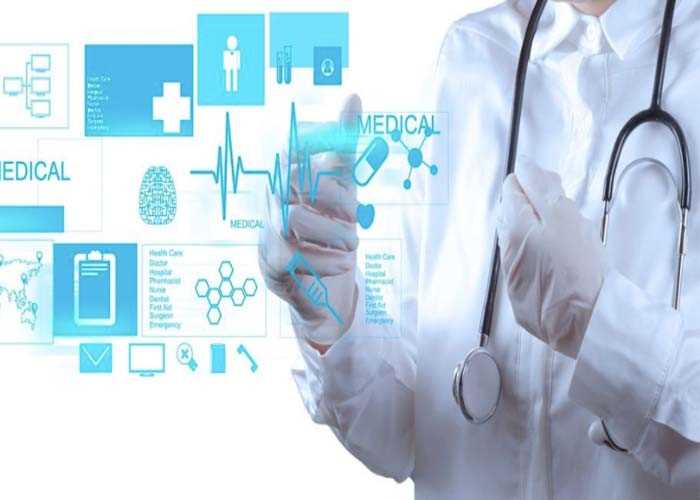
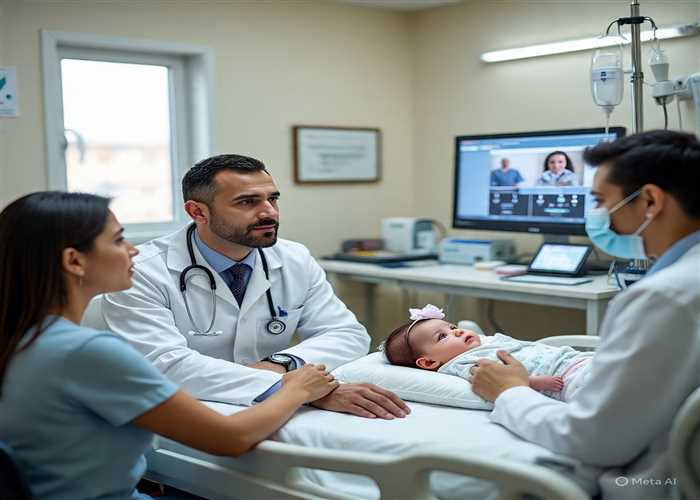

 العربية
العربية
